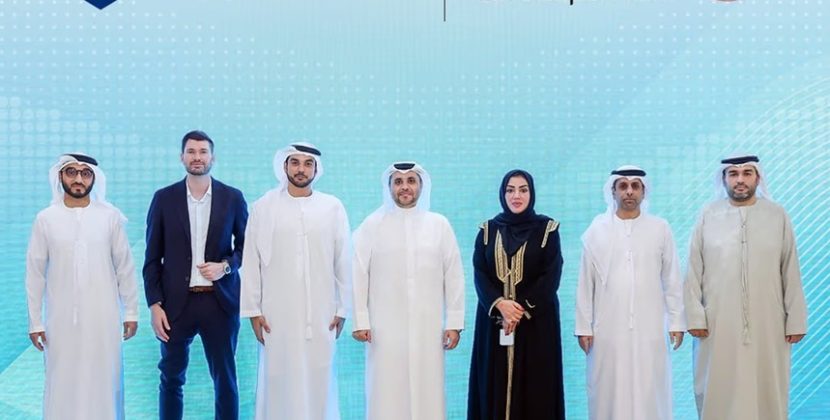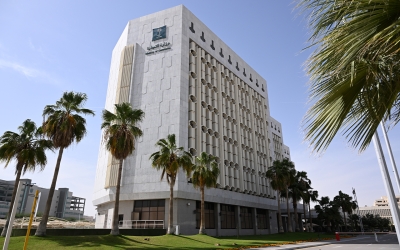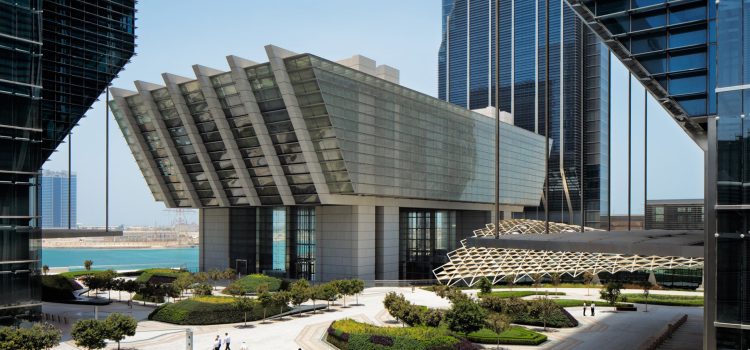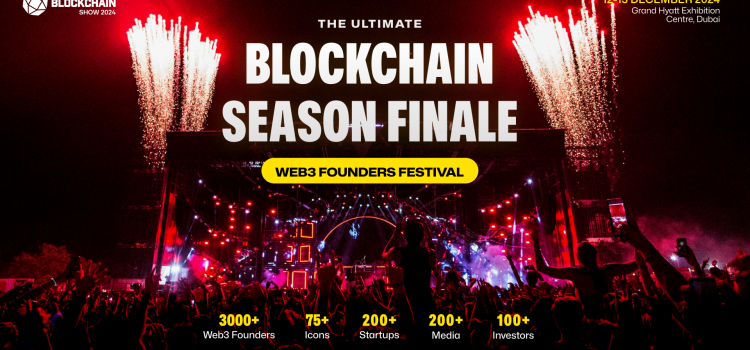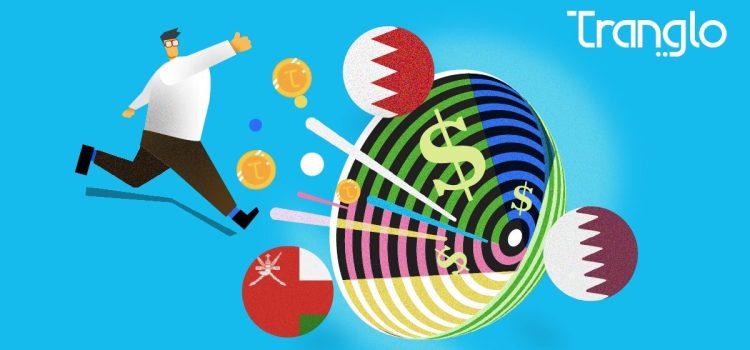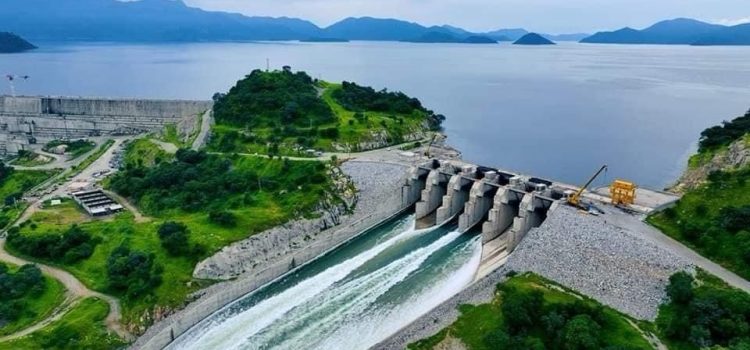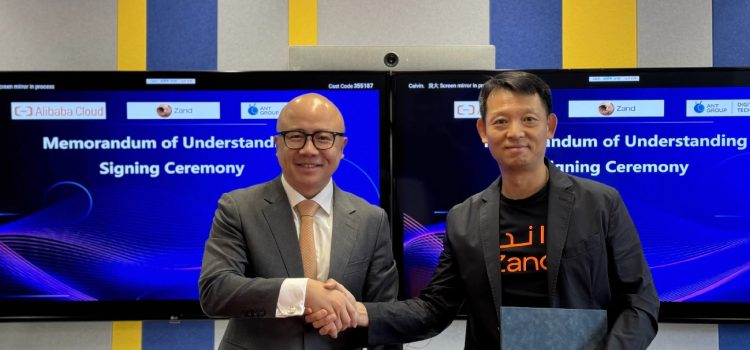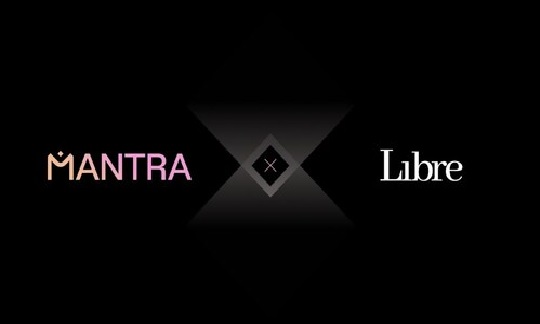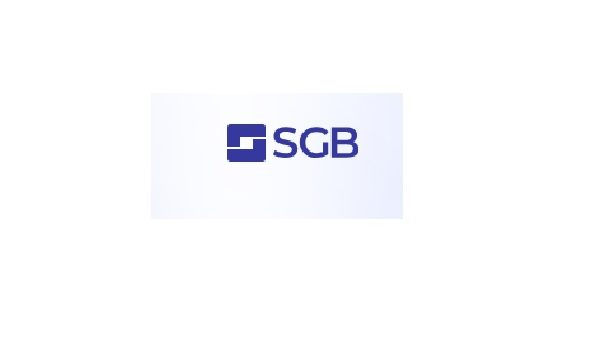Ethiopia Electric Power (EEP), a state-owned utility, has signed power purchase agreements with 25 bitcoin mining companies. These bitcoin companies are using Ethiopia’s surplus renewable energy from The Grand Ethiopian Renaissance Dam (GERD), a 6,450 MW hydropower project nearing completion on the Blue Nile in Ethiopia, located about 30 km upstream of the border with Sudan.
The GERD is generating $55 million over the past 10 months. As per the announcement, the collaboration with mining companies will allow Ethiopia to efficiently use its energy grid and attract foreign investments. These agreements are expected to help modernize the country’s energy infrastructure.
EEP officials noted that cryptocurrency mining could become a key factor in developing Ethiopia’s energy sector and digital economy.
Ethiopia Electric Power (EEP) has already made $55m in less than a year from power-purchase agreements with bitcoin miners. It expects to earn at least $123m in 12 months from September 2024 as more bitcoin miners come online.
The Grand Ethiopian Renaissance Dam (GERD) will be the largest hydropower project in Africa. Owned and operated by the Ethiopian Electric Power company, the 145-m-tall roller-compacted concrete gravity dam will flood 1,874 km2 at a normal pool elevation of 640 m, and will have a tributary catchment of 172,250 km2. With a volume of 74 km3 (of which 14.8 km3 is dead storage), the reservoir can hold about 1.6 years’ worth of average flow of the Blue Nile – 48.5 km3/yr – at the El Diem gage station, just below the border in Sudan (Conway 1997).
In addition Matthew Sigel, Head of Digital Assets Research at VanEck Investment firm speaking on CNBC SquakBox noted that three new BRIC members, Argentina, UAE, and Ethiopia have begun mining Bitcoin using government resources
According to him this is a trend among BRICS nations toward exploring digital assets for economic resilience and financial independence.
Tremendous urgency to circumvent the fiscal policy in USA.
He also noted in the interview that Russia’s Sovereign Wealth Fund is investing in Bitcoin mining throughout BRICS countries with the goal of settling global trade in Bitcoin.
Earlier this year, the government’s investment branch, Ethiopian Investment Holdings, announced a preliminary agreement with Hong Kong-based West Data Group for a $250 million project to enhance the nation’s digital infrastructure to support BTC mining activity.
However, challenges remain. Despite an installed capacity of 5,200 MW, over 40% of Ethiopia’s 130 million citizens still lack access to electricity. The country aims to generate 25 GW of renewable energy by 2030, but access to power remains a significant hurdle for Bitcoin mining expansion.
Luxor Technology in an X post stated, ” We participated in the second GAMA_alliance conference in Addis Ababa, Ethiopia. Ethiopia leads Africa for deployed hashrate at 600MW with much more hashrate to come. Luxor is looking forward to continuing to support miners in Africa with machine importation, & custom firmware.”
This is announced as UAE Hodler Investments, a UAE based investment company headquartered in the Dubai, which includes in its portfolio energy, AI, and digital asset mining startups such as PermianChain, Brox Equity, NEXGEN, and others; and GCL Energy Investment, subsidiary of GCL Group (Golden Concord Group), a leading Chinese integrated energy service provider that specializes in clean energy and new energy, with diversified development of related industries, have partnered to develop a distributed energy infrastructure project to power next generation distributed compute cluster data centers that are hosting AI, Blockchain and other applications.
In April 2024, Golden Concord Group signed two PPSA agreements with the Ethiopian government to explore and develop gas in the Ogaden Basin. Relevant GCL development blocks have 2P reserves of nearly 200 BCM of natural gas and 46 million tonnes of oil reserves.
As per the Memorandum of Understanding, both Hodler Investments and Golden Concord Group will co-invest in feasible and suitable energy projects applying energy optimization and sustainable energy efficient technologies. Golden Concord Group will supply critical energy infrastructure that will monetize under-utilized energy in Ethiopia, with the aim of hosting global data center operators, while reducing carbon emissions.
